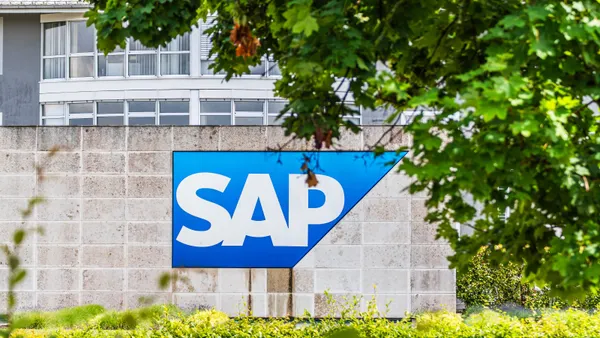Dive Brief:
-
Open source vendors are tweaking service requirements in response to pressure from leading cloud providers like Amazon Web Services, first reported by OneZero. Recent service changes at public open source company Elastic highlight the growing competition.
-
Elastic's popular product Elasticsearch allows organizations to build robust full-text search using open source technology. The company changed its portfolio, requiring customers to pay for certain products, eliminating the free sharing of some Elasticsearch code, according to the report. Some experts say the shift is in response to competition from AWS.
-
AWS cried foul to the changes, saying it wanted to keep "open source open," according to an AWS Open Source March blog post by Adrian Cockcraft, VP or cloud architecture strategy at AWS. Starting in June 2018, AWS witnessed the "intermingling of proprietary code" on Elasticsearch. As a result, AWS helped create a new open source distribution of the offering, called "Open Distro for Elasticsearch," an effort backed by Netflix and Expedia Group.
Dive Insight:
Competition in the open source market comes down to finger pointing. Those in the open source provider market easily align against large providers, feeling threatened when vendors come after profitable projects.
While the argument seems pithy, at a high level, it underlies how companies incorporate open source code. If a customer looks toward its cloud service provider rather than community curator, it could threaten those maintaining open source repositories.
With Elasticsearch, AWS has forked the project, creating capabilities Elastic charges customers for, Blair Hanley Frank, principal analyst at ISG, told CIO Dive in an interview. To the cloud provider, this allows for open source distribution where customers don't have to worry about what they need to pay Elastic for or the terms of its licenses.
In Elastic's view, the forked AWS project makes it difficult for the company to make money off the project it shepherds, Frank said.
There are two sides to the argument: Those who want to keep open source technology free of proprietary code and those companies, like Elastic, which wants to protect revenue streams by charging for some services.
Elastic CEO Shay Banon has pushed back against critics who disagree with the company's approach with Elasticsearch. "Our products were forked, redistributed and rebundled so many times I lost count. It is a sign of success and the reach our products have," he said, in a March blog post. Vendors, like Amazon, built services for their own needs, and masked efforts with "fake altruism or benevolence."
The counter from AWS is, the community at large has benefited from "unfettered" access to open source software, according to Cockcraft.
"At AWS, we believe that maintainers of an open source project have a responsibility to ensure that the primary open source distribution remains open and free of proprietary code so that the community can build on the project freely, and the distribution does not advantage any one company over another," he said.
In the open source market, some companies are pointing at AWS as the villain. This creates the opportunity for others to come across as open source heroes.
Google Cloud's partnership with open source companies is a "shot across the bow for AWS," said Frank. Google will partner — rather than compete — with open source companies, providing a simplified managed cloud service, keeping revenue streams flowing to the open source provider.
Microsoft is doing something similar around Azure marketplace push, Frank said, with limited deeper partnership activity, particularly around Azure Databricks.














